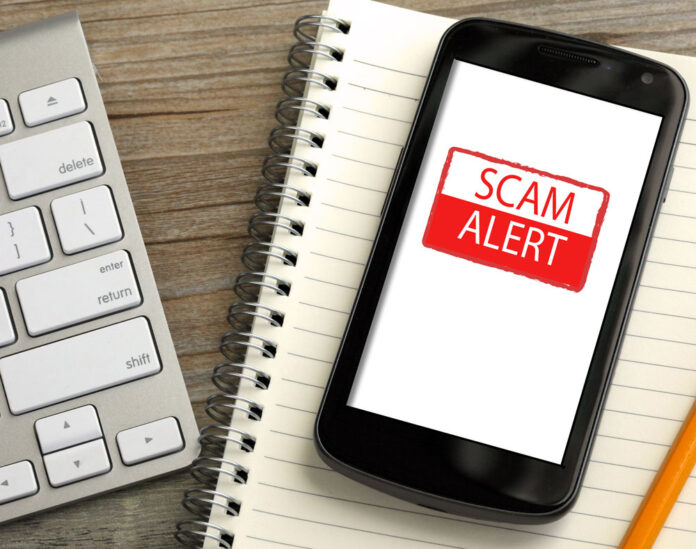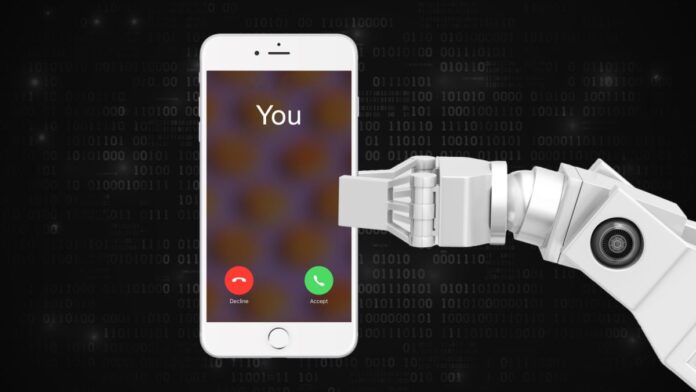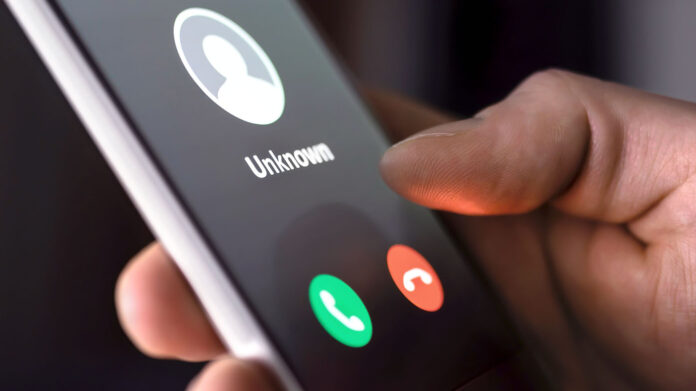OTP scams are on the rise, and they’re targeting businesses of all sizes. Here’s what you need to know about these types of voicemail scams, and how you can protect your business.
If you’ve been getting a lot of calls from unknown numbers lately, you may be the target of a new type of scam known as an “OTP” or “one-time password” scam.
In these types of voicemail scams, criminals try to trick you into giving them your bank account or credit card number by posing as a legitimate company that requires an OTP for verification purposes.
Be aware of these red flags that indicate you may be speaking to a scammer:
- The caller asks for personal information such as your full name, address, date of birth, or Social Security number.
- The caller demands that you provide sensitive information immediately.
- The caller says there will be negative consequences if you don’t comply with their request.
If you think you may be speaking to a scammer, hang up immediately and do not give them any personal information. You can also report the call to the FTC at ftc.gov/complaint. When in doubt, always err on the side of caution-your business’ reputation is at stake!
The “phishing” phone scam

Phishing scams are rapidly becoming more and more common over the internet. Generally, they involve someone pretending to be a representative from a legitimate company, usually one you already have an account with, such as your bank or credit card provider. This stranger then attempts to get you to share personal information with them, such as usernames and passwords, or other information that could enable them to steal your identity or access your accounts.
It is important to remember that no matter how convincing something looks or sounds online, legitimate companies will never ask for sensitive data from their customers in this way. Educating yourself on the most common types of phishing scams can equip you to keep safe online and ensure you do not fall victim to these fraudulent schemes.
The “pre-recorded message” phone scam

Have you ever received a call with a pre-recorded message promising you a prize or money if you stay on the line and listen? It may seem like an amazing deal, but this kind of sales pitch is more often than not too good to be true. Known as the “pre-recorded message scam,” victims are typically confronted by sales tactics when they eventually opt to listen. This scam has been around for decades and unfortunately still happens today. Don’t fall for it; always do your research before making any commitments over the phone.
The “missed call” phone scam
The “missed call” scam has become an increasingly popular way for criminals to line their own pockets at your expense. How it works is that you receive a missed call from an unknown caller who’s already paid a fee to have their number masked. When you return the call, you’re unknowingly charged for the duration of the call. Unscrupulous parties can even set up automated systems which spread these calls across hundreds or even thousands of unsuspecting victims, rapidly lining their own pockets with other people’s hard-earned money. In cases like this, it pays to err on the side of caution and simply disregard any missed calls from unknown numbers.
The “robocall” phone scam

Robocalls are an irritating and seemingly relentless problem plaguing both individuals and businesses alike. Most of these calls try to sell some type of product or service, often without warning users about potential risks associated with their offer. It is important to remember that these calls are not legitimate, instead being automated machines spamming your phone on behalf of scammers hoping to take advantage of unsuspecting victims. If you do receive a robocall, the best course of action is to immediately hang up, as responding only verifies that your number is active and could lead to more scam calls. Furthermore, it is a good idea to sign up for the National Do Not Call List if you continue to receive these annoying calls.
How to protect yourself from voicemail scams
Protecting yourself from voicemail scams is an important exercise that every person needs to engage in. The most important defense against scammers is staying informed and aware of the various techniques they use. It’s essential to be skeptical of any unexpected calls that ask for personal information or money. Additionally, be aware that scammers can employ spoofing techniques to falsify caller IDs, so even if the call appears to be from someone you trust, take a step back and verify it before committing.
Verification methods include checking the phone number with a directory and ensuring the caller has used the correct security phrase or password you previously set up. Finally, consider taking additional steps such as adding extra authentication by setting up voice recognition technology for your voice mail service or avoiding picking up unfamiliar numbers altogether; these are powerful tools in preventing many of these scams from being successful.
Identifying Voice Mail Scams

Voice mail scams typically use pre-recorded messages to try and steal personal information or money from recipients. They can be sophisticated and hard to identify, but there are a few telltale signs that you can look for to avoid falling victim to these schemes.
- Be suspicious of any call with a voicemail message that requires urgent attention or immediate action. A legitimate caller is unlikely to leave you a voicemail demanding you take certain steps immediately while providing very little in terms of details.
- Be aware of any message claiming something like “you’ve won a prize” or “you’ve been selected for something special”. These types of voicemail messages are designed to prompt your curiosity and encourage reactive behavior like calling back or replying immediately.
- Watch out for messages asking for personal information such as your Social Security number, banking details, credit card numbers, etc. Legitimate callers are not likely to request sensitive information through an anonymous voicemail recording.

Overall, it is important to remember that if it sounds too good (or bad) to be true – it probably is! Be suspicious of any offer in which the caller promises rewards if you take certain steps because these are most likely scam attempts. If in doubt – always double-check with the company/source who left the message before taking them up on their offer!
If you believe you have been a victim of identity theft via a Voicemail scam, contact your local law enforcement agency or the Federal Trade Commission (FTC). You may also contact your state’s Attorney General if needed. Additionally, consider obtaining a credit report from all three major credit reporting bureaus (Experian, TransUnion, Equifax) to ensure that no fraudulent activity has been committed by scammers in your name.
Finally, be sure to change any passwords or security questions associated with your accounts that have been compromised by fraudulent calls so that further theft can be prevented.









